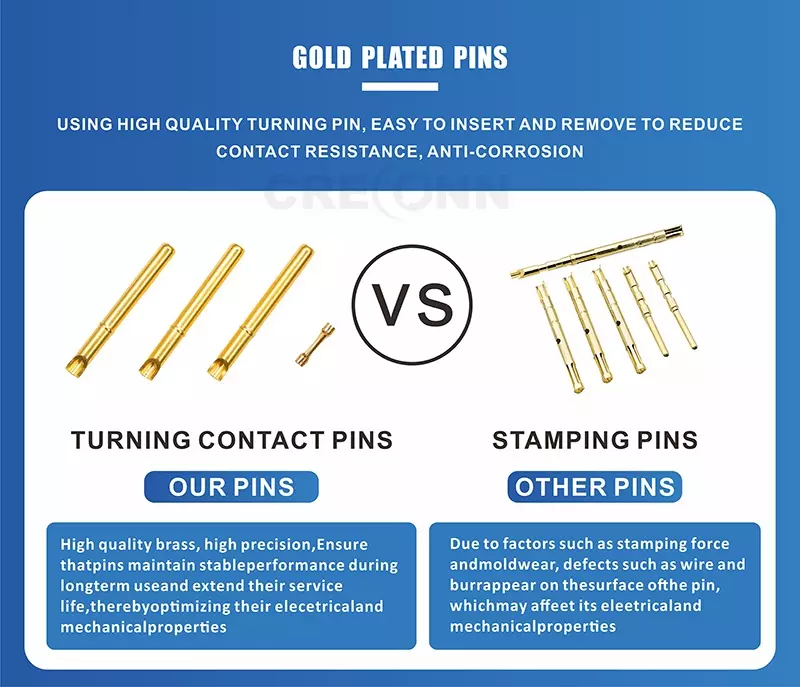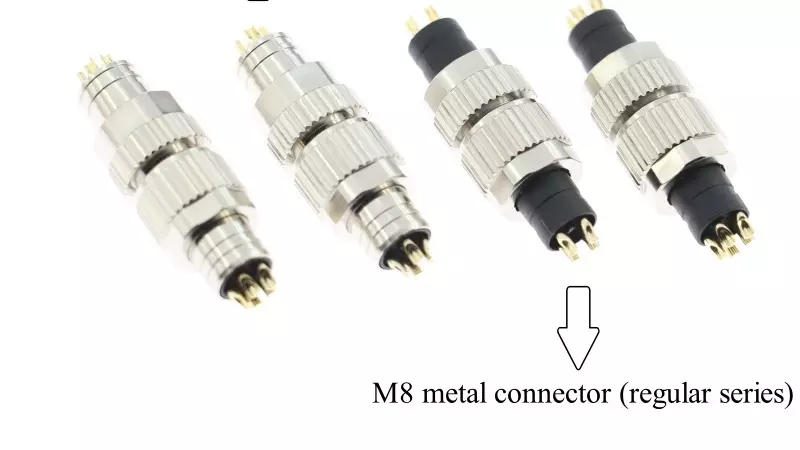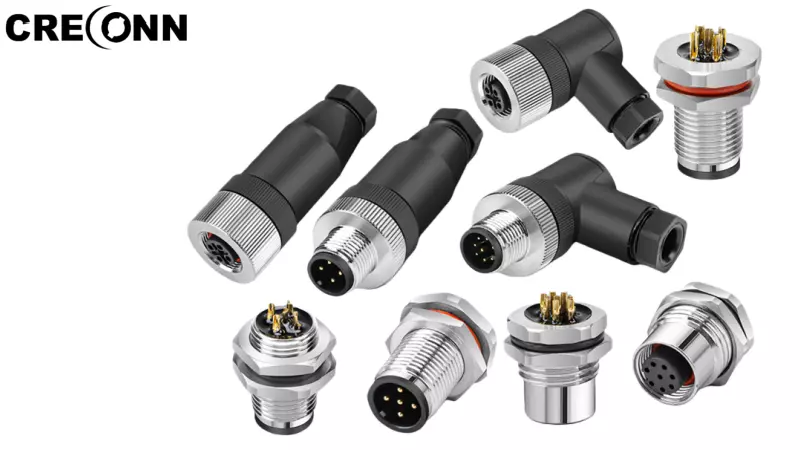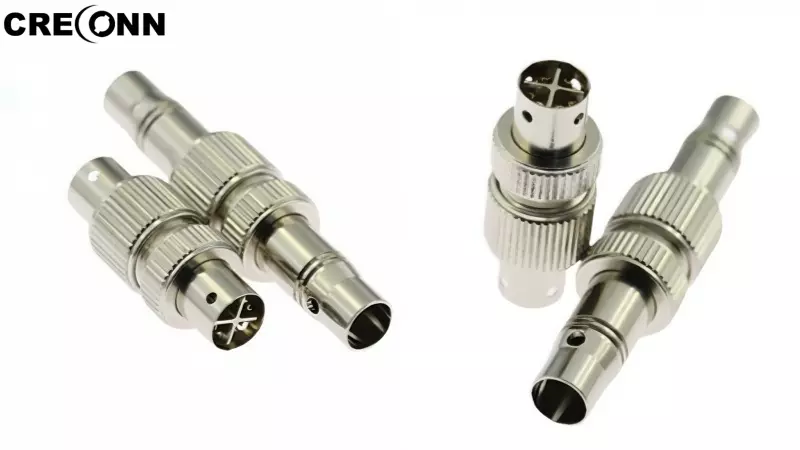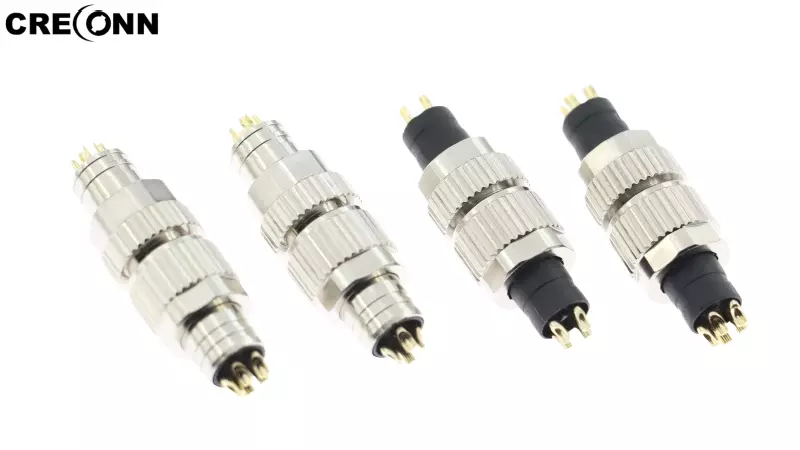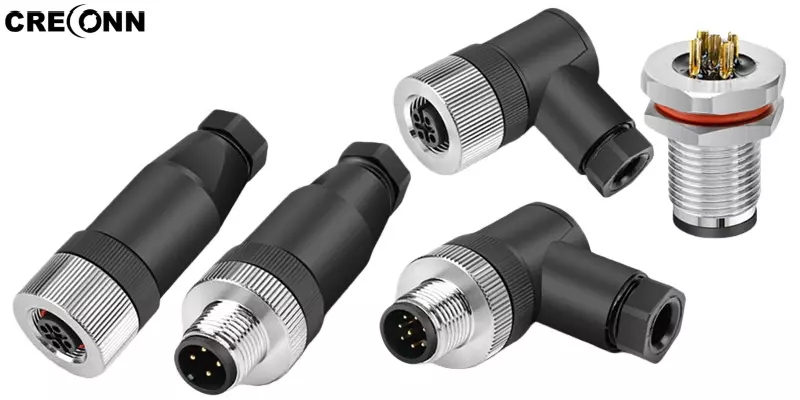Differences Between Stamped Pins and Turned Pins
Differences Between Stamped Pins and Turned Pins
There are two types of "pins" in electronic devices: stamped pins are "mass production experts", while turned pins are "precision customization specialists". When precision and complexity are required, turned pins have more notable advantages. Understand the core differences in 1 minute!
Core Processing Methods: "Paper Cutting" vs "Fine Carving"
• Stamped Pins: Similar to "cutting" metal sheets with a mold, metal strips are stamped and bent into shape. For example, the flat pins in USB ports are typically made this way. They excel at fast mass production but can only be used for simple structures.
• Turned Pins: Comparable to a craftsman "finely carving" a metal rod. Lathe tools perform precise cutting according to programs, perfectly creating details like 0.1mm threads and 0.05mm steps. High-precision threaded pins in earphones and miniature signal pins in medical equipment all rely on this process.
Comparison in 3 Key Dimensions: Turned Pins Have More Prominent Advantages
1. Precision: Stamped pins have a precision of 0.05-0.1mm, which meets basic needs; turned pins can reach a precision of 0.005-0.01mm (1/10 the diameter of a human hair). Pins in heart monitors rely on this level of precision to avoid data deviations.
2. Complex Processing: Stamped pins are limited by molds and cannot handle structures like angled holes or multi-step designs; turned pins, with multi-axis linkage, can process "L-shaped perforated pins" in one go without secondary processing, reducing error risks.
3. Customization: Stamped pins require custom molds (costing thousands to tens of thousands of yuan), which is uneconomical for small-batch production; turned pins can switch specifications simply by adjusting program parameters. For 100 test pins needed in the R&D of a new smartwatch, turned pins can start production the same day, saving half a month of mold preparation time compared to stamping.
Summary
Choose stamped pins for ordinary scenarios and large-batch production due to their cost-effectiveness; however, for precision connections, complex structures, or small-batch customization, turned pins are more reliable. Most pins in medical equipment and high-end electronics are "precision works" of turning!
Guangdong Corecon Precision Industry Co., Ltd. has been a professional manufacturer of pins, sockets,pogo pins, pogo pin connectors and hardware CNC precision parts in China for 18 years. And we have gotten certificate of ISO9001 and IATF16949. If you have any questions about the pin and socket industry, please contact us and we will provide you with free, one-stop professional solutions within 24 hours.
